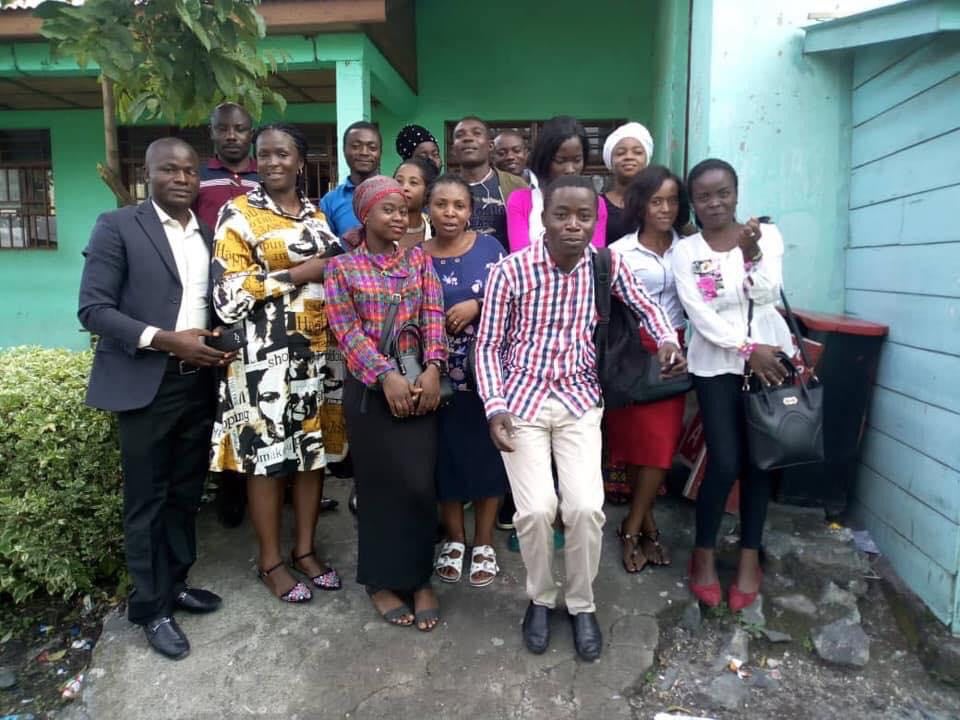
SELF-HELP AND RESILIENCE IN THE DEMOCRATIC REPUBLIC OF CONGO
I interviewed Bertin Kalimbiro from the Democratic Republic of Congo about his work in the Goma region to grow food safely and help people threatened

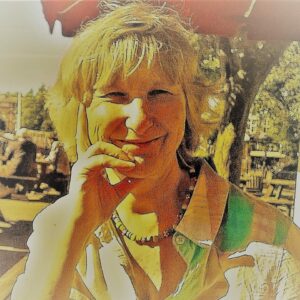
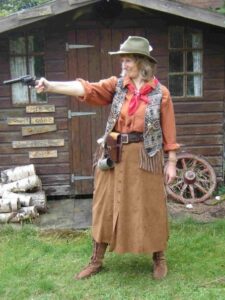 I did a three-year illustration course which I enjoyed, but afterwards, when I became pregnant, I felt depressed. But it was literally the moment my daughter was born, after midnight, that postnatal depression gave me a corker. I felt horrible. I had Samantha next to me in her cot and the thought of ‘my daughter’ sounded weird. I put on a brave face when my parents visited, but the moment my parents-in-law arrived, I cried. They valiantly took over looking after Sam while I tried to make the decision as to whether or not to go home. After that, a year of postnatal depression finally led to my doctor giving me an antidepressant. It relieved me of the worst of depression and I coped with young parenthood, although, even had I not had depression, I would have been bored silly. Motherhood didn’t suit me. We had wanted family, and the grand plan had initially been for me to do part-time freelance artwork, and writing, but that plan went down the plughole. So I worked in the voluntary sector with a baby in tow and was out of the house as often as possible. I loathed being at home.
The medication’s effect lasted for twenty years, but that didn’t prevent my anxiety becoming obsessive. For instance, I couldn’t watch anything western-related on the TV without feeling tearful. Talking therapy explained why I felt this – mainly a desire to be part of that era and the unconscious thought that, being female, I couldn’t be. When our son was born, three years after our daughter, the depression didn’t hit until a couple of weeks, but this time a different medication mix made me worse, landing me overnight in a psychiatric ward. After that I had a changed prescription, but then it stopped working, causing such intense anxiety about ‘living history’ camping that I had to stop doing it for a few years.
I did a three-year illustration course which I enjoyed, but afterwards, when I became pregnant, I felt depressed. But it was literally the moment my daughter was born, after midnight, that postnatal depression gave me a corker. I felt horrible. I had Samantha next to me in her cot and the thought of ‘my daughter’ sounded weird. I put on a brave face when my parents visited, but the moment my parents-in-law arrived, I cried. They valiantly took over looking after Sam while I tried to make the decision as to whether or not to go home. After that, a year of postnatal depression finally led to my doctor giving me an antidepressant. It relieved me of the worst of depression and I coped with young parenthood, although, even had I not had depression, I would have been bored silly. Motherhood didn’t suit me. We had wanted family, and the grand plan had initially been for me to do part-time freelance artwork, and writing, but that plan went down the plughole. So I worked in the voluntary sector with a baby in tow and was out of the house as often as possible. I loathed being at home.
The medication’s effect lasted for twenty years, but that didn’t prevent my anxiety becoming obsessive. For instance, I couldn’t watch anything western-related on the TV without feeling tearful. Talking therapy explained why I felt this – mainly a desire to be part of that era and the unconscious thought that, being female, I couldn’t be. When our son was born, three years after our daughter, the depression didn’t hit until a couple of weeks, but this time a different medication mix made me worse, landing me overnight in a psychiatric ward. After that I had a changed prescription, but then it stopped working, causing such intense anxiety about ‘living history’ camping that I had to stop doing it for a few years.
 So – we’re up to three years ago. The depression had developed again and the psychiatrist prescribed Prozac just before Christmas. On Christmas Day I was intensely depressed, retired to bed, and over the next couple of days I became suicidal. My husband took wonderful care of me, and our son, a young adult living with us, kept my husband going. I lost track of what happened – possibly nature’s way of protecting me – but I do remember one of our doctors arriving and me telling him to do something about ‘this f*****g feeling!’ My husband went onto the street and the neighbours came to help. One of them had worked for a mental health team and as soon as we contacted them they ordered me off Prozac. The next we knew was an appointment on New Years Day, first thing! Meanwhile our doctor had prescribed an anti-psychotic, which helped, and our daughter arrived from the Midlands to look after us all. The team wanted me stabilised first, before suitable medication and a course of cognitive behavioural therapy.
Throughout all this, my own family were unaware of anything remiss happening. My husband’s family helped pull us through, but my older brother was caring for my ninety-three year old father and my ninety year old mother, unaware of anything, had severe dementia and was in a home. It has hurt me in the past that my own family have had no dealings with my depression, but their constant ‘pull yourself together’ and ‘you should do this and should do that’, plus naggings throughout my life had done its damage.
In the end, on a medication combination known as ‘California Rocket Fuel’, followed by cognitive behaviour therapy, I began to feel better than I’ve ever felt before. A year after the crisis, my parents died. My father first, followed, around five days later, by my mother. I felt released. I had loved them dearly, and yes I grieved a little, but I had got used to their absence, and, frankly, the obligation to see Dad as he grew just plain nasty towards me had gone. I also felt released from the obligation to associate with a family who had simply not understood me or treated me well. So I decided, at sixty-two, to negate the most negative people from my life. And I don’t feel in the least guilty about it! I am in touch with my older brother, as he is the one who does have some understanding of me and has been sympathetic. The other, younger one, I barely contact, although I do have some fondness for him and will text occasionally.
Leslie: Can you explain the root cause of your depression?
Jo: The depression in my childhood, I believe, came about clinically – essentially a lack of the chemical serotonin in the brain. I now know that my family’s attitudes, a ‘drip drip drip’ of negativity over sixty-plus years added to my clinical depression. “Little Miss misery.” My mother used to call me. “The doctor must be fed up with seeing you,” she said in later years, when I told her about a visit. I remember her telling me, “You never clean your own house properly.” Her attitude to my work was, “You’re not a career girl,” and when it came to getting engaged she asked me, “What do you want to do a thing like that for?” I was in my forties before I finally answered her back! When I did, it felt so good.
So – we’re up to three years ago. The depression had developed again and the psychiatrist prescribed Prozac just before Christmas. On Christmas Day I was intensely depressed, retired to bed, and over the next couple of days I became suicidal. My husband took wonderful care of me, and our son, a young adult living with us, kept my husband going. I lost track of what happened – possibly nature’s way of protecting me – but I do remember one of our doctors arriving and me telling him to do something about ‘this f*****g feeling!’ My husband went onto the street and the neighbours came to help. One of them had worked for a mental health team and as soon as we contacted them they ordered me off Prozac. The next we knew was an appointment on New Years Day, first thing! Meanwhile our doctor had prescribed an anti-psychotic, which helped, and our daughter arrived from the Midlands to look after us all. The team wanted me stabilised first, before suitable medication and a course of cognitive behavioural therapy.
Throughout all this, my own family were unaware of anything remiss happening. My husband’s family helped pull us through, but my older brother was caring for my ninety-three year old father and my ninety year old mother, unaware of anything, had severe dementia and was in a home. It has hurt me in the past that my own family have had no dealings with my depression, but their constant ‘pull yourself together’ and ‘you should do this and should do that’, plus naggings throughout my life had done its damage.
In the end, on a medication combination known as ‘California Rocket Fuel’, followed by cognitive behaviour therapy, I began to feel better than I’ve ever felt before. A year after the crisis, my parents died. My father first, followed, around five days later, by my mother. I felt released. I had loved them dearly, and yes I grieved a little, but I had got used to their absence, and, frankly, the obligation to see Dad as he grew just plain nasty towards me had gone. I also felt released from the obligation to associate with a family who had simply not understood me or treated me well. So I decided, at sixty-two, to negate the most negative people from my life. And I don’t feel in the least guilty about it! I am in touch with my older brother, as he is the one who does have some understanding of me and has been sympathetic. The other, younger one, I barely contact, although I do have some fondness for him and will text occasionally.
Leslie: Can you explain the root cause of your depression?
Jo: The depression in my childhood, I believe, came about clinically – essentially a lack of the chemical serotonin in the brain. I now know that my family’s attitudes, a ‘drip drip drip’ of negativity over sixty-plus years added to my clinical depression. “Little Miss misery.” My mother used to call me. “The doctor must be fed up with seeing you,” she said in later years, when I told her about a visit. I remember her telling me, “You never clean your own house properly.” Her attitude to my work was, “You’re not a career girl,” and when it came to getting engaged she asked me, “What do you want to do a thing like that for?” I was in my forties before I finally answered her back! When I did, it felt so good.
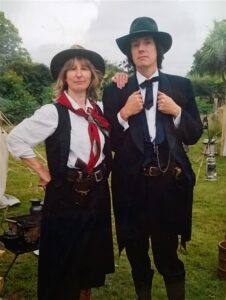
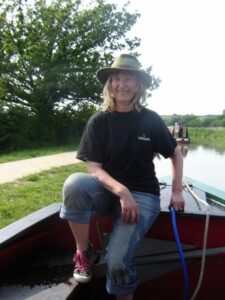 As concerns art, I simply wasn’t interested in art when I was depressed, but now I’m getting back into it, thankfully. I’ve started an art group of creative friends in my home, which is a miracle, because I hated hosting anything at home, and I’m doing a sculpture course locally, which I’ve always wanted to do. Art therapy often centres around creating a work of art – it doesn’t matter how ‘good’ or ‘bad’ it is – that expresses how you feel. Personally I don’t create with that vision in mind, it never came naturally to me. My art is ‘normal’, if you like. Not angst ridden, or with hidden messages. I enjoy art for art’s sake. As for ‘confessional’ writing: all authors need to get out, meet people, go places and broaden their perspective – which also helps with moving away from too much ‘self indulgence’.
As concerns art, I simply wasn’t interested in art when I was depressed, but now I’m getting back into it, thankfully. I’ve started an art group of creative friends in my home, which is a miracle, because I hated hosting anything at home, and I’m doing a sculpture course locally, which I’ve always wanted to do. Art therapy often centres around creating a work of art – it doesn’t matter how ‘good’ or ‘bad’ it is – that expresses how you feel. Personally I don’t create with that vision in mind, it never came naturally to me. My art is ‘normal’, if you like. Not angst ridden, or with hidden messages. I enjoy art for art’s sake. As for ‘confessional’ writing: all authors need to get out, meet people, go places and broaden their perspective – which also helps with moving away from too much ‘self indulgence’.
Next week I interview stand-up comedian Alasdair Beckett-King, winner of the Leicester Mercury and New Act of the Year Shows, 2017/2014.
ABOUT LESLIE TATE’S BOOKS:
I interviewed Bertin Kalimbiro from the Democratic Republic of Congo about his work in the Goma region to grow food safely and help people threatened

I interviewed computer expert and sustainability campaigner Dr Erlijn van Genuchten, who writes easy-to-understand books based on science full of practical suggestions for planet-friendly living.
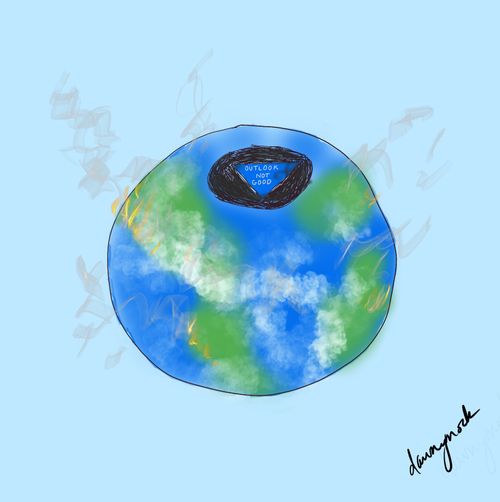
I interviewed Canadian cartoonist Dawn Mockler about how she works on cartoons that might be environmental or wordless but always witty – especially her famous
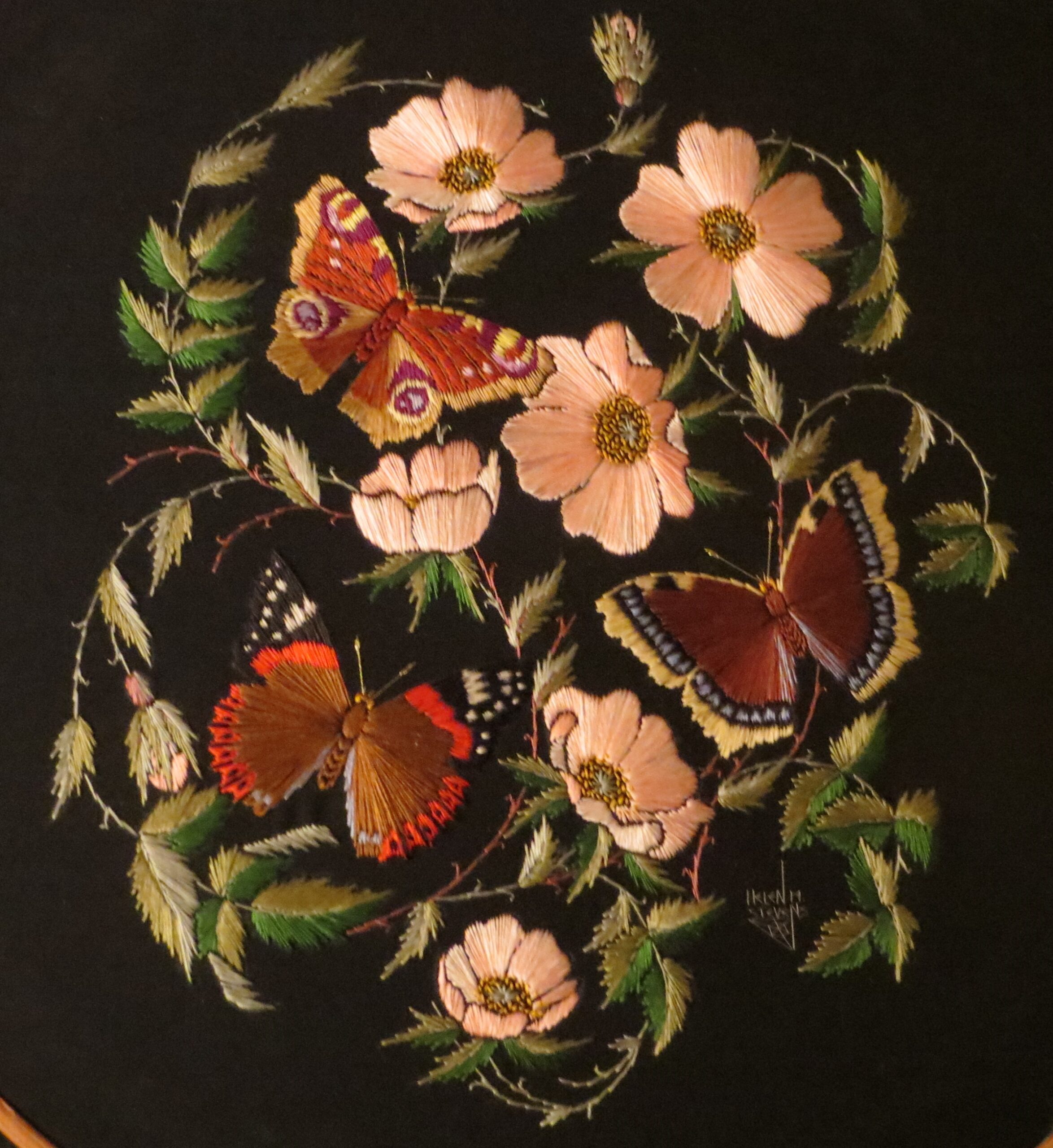
I inteviewed Helen M Stevens about how she has revived the art of embroidery, creating original contemporary patterns while studying and drawing on, “One of
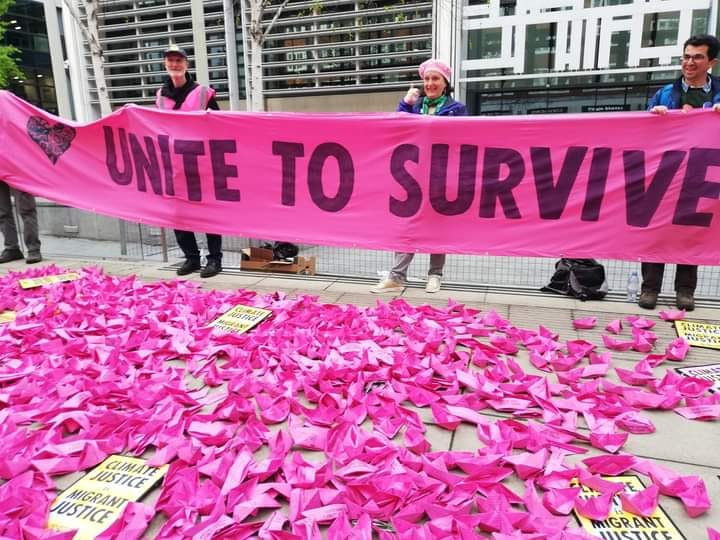
I interviewed Councillor Rachel Smith-Lyte about the origins of her passion for nature and her environmental activism. Rachel tells the story of her teaching (and
| Cookie | Duration | Description |
|---|---|---|
| cookielawinfo-checkbox-analytics | 11 months | This cookie is set by GDPR Cookie Consent plugin. The cookie is used to store the user consent for the cookies in the category "Analytics". |
| cookielawinfo-checkbox-functional | 11 months | The cookie is set by GDPR cookie consent to record the user consent for the cookies in the category "Functional". |
| cookielawinfo-checkbox-necessary | 11 months | This cookie is set by GDPR Cookie Consent plugin. The cookies is used to store the user consent for the cookies in the category "Necessary". |
| cookielawinfo-checkbox-others | 11 months | This cookie is set by GDPR Cookie Consent plugin. The cookie is used to store the user consent for the cookies in the category "Other. |
| cookielawinfo-checkbox-performance | 11 months | This cookie is set by GDPR Cookie Consent plugin. The cookie is used to store the user consent for the cookies in the category "Performance". |
| viewed_cookie_policy | 11 months | The cookie is set by the GDPR Cookie Consent plugin and is used to store whether or not user has consented to the use of cookies. It does not store any personal data. |
9 responses
This has been a very enlightening read. My son suffers from post traumatic stress syndrome and extreme anxiety, My younger sister suffers from sever depression and had chronic post natal depression. Reading articles like this helps with gaining an understanding which I continue to seek. It is not always easy to understand depression when you don’t suffer from it yourself.
Thank you so much, Robbie! And thank you for taking the time to try and understand something that’s difficult to understand when you don’t suffer yourself. I’m so sorry about your son. I believe that I also suffered from post traumatic stress after the birth of my first child because it was sheer agony (she was in the wrong position) and the labour went on for hours.
If you have contact details for your sister, I would like to talk to her if I could. That’s one thing about my blog, Creating My Odyssey, that I’m doing – contacting people with depression and talking to them.
Thank you so much for getting in touch, Robbie.
How lucky to have such a supportive husband. This has been a good insight for those of us who have not suffered from depression. Do you think women have a double whammy to endue with the lifelong ups and downs of hormones with childbirth being the riskiest event physically and mentally in women’s lives?
Hello Janet! Over the years I’ve begun to appreciate how lucky I am as regards His Greatness (Husband) as I refer to him in my articles. We’re soulmates, each other’s rock, lovers… and we share the same potty sense of humour. Our humour and laid back approach has saved us through many an angst ridden moment!
As to a double whammy – I’m not certain that women have a double whammy as regards hormones and birth. Physically, yes, they’re a pain in the proverbial – literally(!), but I think the birth situation has improved vastly since the bad old days, so risk in that area is generally minimal now.
But I do think men have it really tough in the emotional department. Both Husband and son are sensitive, and the notion that the male sex should hold it all in is rubbish! Doesn’t help in the slightest.
So what I’ve learned over time is talk talk talk. Get it all out!
Jo
Leslie – Thank you so much for all this! It’s been brilliant, and helping spread the word as regards creativity and mental health is so good. I’m sharing and posting on social media sites so the message will reach as many sufferers and carers as possible as well as those in neither situation to help them understand better. Thank you.
Jo
Thank you, Jo. We need mental health out in the open and accepted as part of the whole spectrum of inclusiveness, as in #endthestigma. In any case your story was a gift, a wild ride and just so interesting!
HI Jo, thanks to you and Les for the very interesting article. I wonder if you know about Lapidus International which is a UK based organisation for writing for wellbeing, though we span all expressive arts really, from painting or yoga to small figures and sand. I’m a Director of Lapidus, to declare an interest!
I was particularly interested in the bit at the end of this article. In a way, my joining a Lapidus group was a way for me to acknowledge my own low moods and to get out and about in the company of other creatives. Having taught creative writing in a competitive environment, if one is feeling low, it doesn’t help to be feeling in competition for publication or those awful “who writes best?” conversations that take place. Lapidus is good for removing the pressure to publish or compare work. The satisfaction of creation, reading aloud and sharing work can be enough. And I agree with you, I don’t want to write about my mood usually, I want to get away from it.
Thanks, Barbara, that’s really interesting. Would you like to guest blog about Lapidus International on this website? Maybe you could cover your personal experience, the history of Lapidus and all the other expressive arts events/activities the organisation is involved in?
Thanks Leslie, I would love to. It’s very kind of you to suggest it. I will try and write something next week, when our conference is over. All the best, Barbara